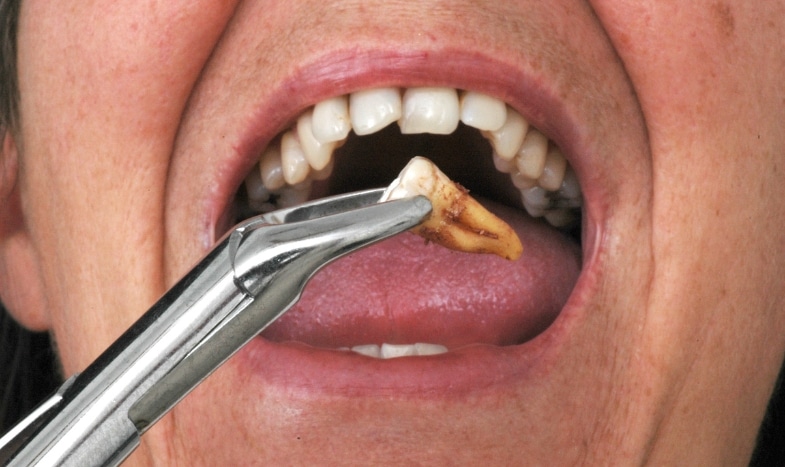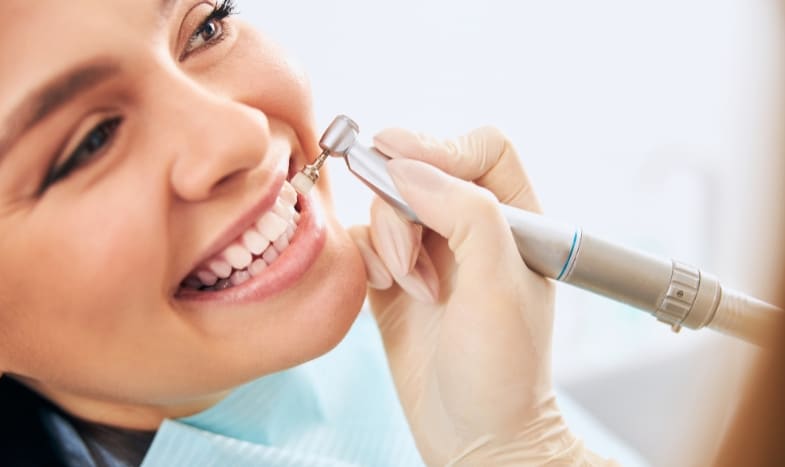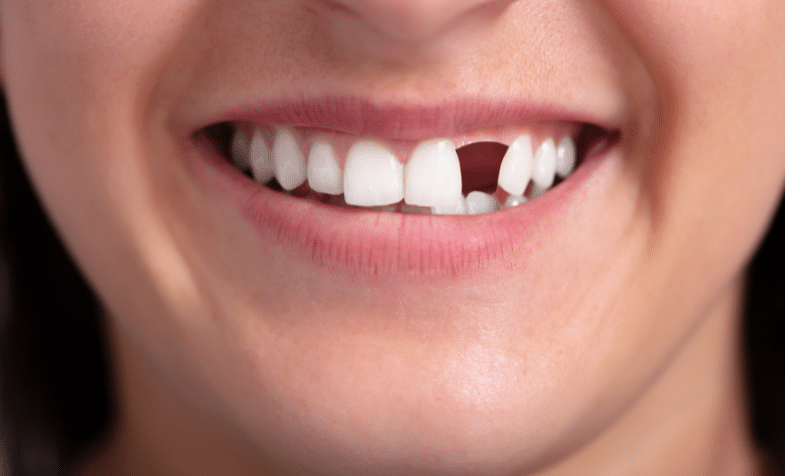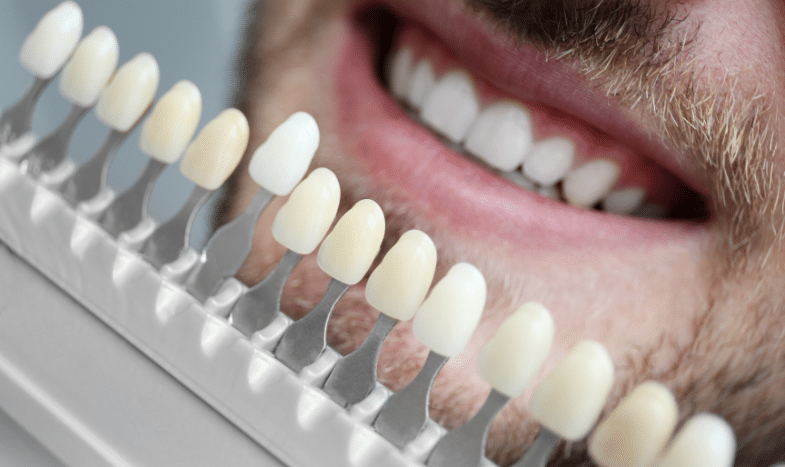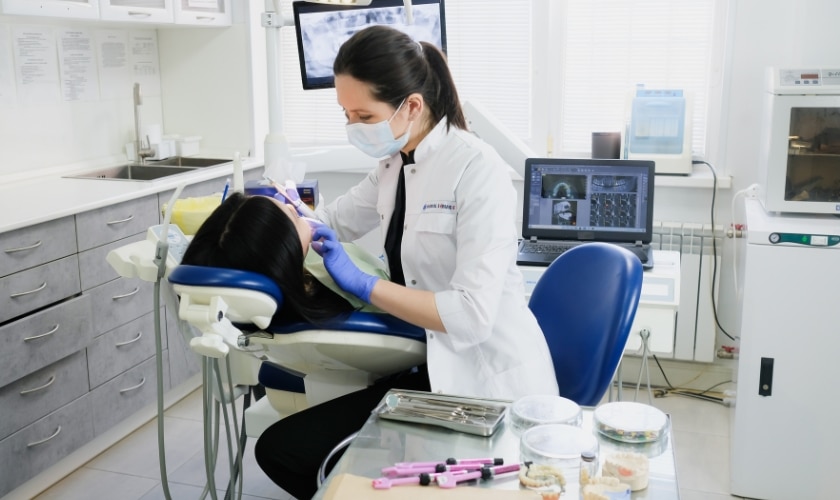
What’s the Difference Between a Dentist and an Orthodontist?
If you’re searching for dental care in Riverside, CA, you’ve likely encountered dentists and orthodontists. While these professionals specialize in oral health, their roles, areas of expertise, and services can differ significantly. This comprehensive guide will explore the distinctions between dentists and orthodontists to help you make informed decisions about your dental care needs.
Dentists: Their Role in Maintaining Your Bright Smile
Dentists are your primary healthcare providers for oral health. They undergo extensive education and training to diagnose, prevent, and treat oral health issues. Dentists are typically your first point of contact for dental concerns and offer a broad spectrum of services, including:
- Preventive Care: Dentists excel in preventive dentistry. They conduct routine check-ups, cleanings, and screenings to detect and thwart dental issues like cavities, gum disease, and even early signs of oral cancer. Regular assessments help patients maintain a healthy smile and identify potential problems at their earliest stages.
- Restorative Dentistry: When teeth are damaged or compromised, dentists are adept at restorative procedures. They can skillfully repair teeth through treatments such as fillings, crowns, and root canals. These interventions aim to restore the functionality and aesthetics of damaged teeth, ensuring patients enjoy a complete and beautiful smile.
- Cosmetic Dentistry: Dentists also specialize in enhancing the aesthetics of smiles. They offer various cosmetic services, including teeth whitening, veneers, and bonding. These treatments are designed to improve the appearance of teeth, addressing concerns like stains, discoloration, or minor imperfections to achieve a more confident and radiant smile.
- Oral Surgery: Dentists are qualified to perform various oral surgeries, including tooth extractions, encompassing procedures like tooth removal. Additionally, they can address a wide range of oral conditions, offering solutions that promote overall oral health.
- Pediatric Dentistry: Dentists extend their expertise to children’s oral health needs. Pediatric dentists specialize in caring for the unique dental requirements of children, creating a welcoming and comfortable environment to ensure a positive dental experience from an early age.
- Dental Education: Education is a cornerstone of a dentist’s role. They diagnose and treat oral health issues and educate patients on proper oral hygiene practices. Dentists provide valuable guidance on maintaining optimal oral health, offering insights into effective brushing, flossing techniques, and dietary choices that support healthy teeth and gums.
Orthodontists: Masters of Straightening Smiles and Perfecting Bites
Orthodontists are dental specialists who focus on aligning and positioning teeth and jaws. They undergo additional years of specialized training to diagnose and treat various orthodontic issues related to bite and alignment. Their services include:
- Braces: Orthodontists are experts in designing and implementing orthodontic appliances like traditional braces, clear aligners (such as Invisalign), and retainers. These appliances are meticulously customized to the patient’s unique needs, straightening teeth and correcting bite problems. Braces are instrumental in aligning teeth into their ideal positions, leading to improved aesthetics and oral function.
- Malocclusion Treatment: Orthodontists specialize in treating malocclusion, encompassing overbites, underbites, crossbites, and open bites. Through a combination of diagnostic assessments and tailored treatment plans, they address these bite irregularities to enhance the harmony and functionality of a patient’s bite.
- Jaw Alignment: Orthodontists can effectively address issues related to jaw alignment. Problems with jaw alignment can lead to discomfort and difficulties in essential functions like chewing and speaking. Orthodontists employ their expertise to diagnose and treat these conditions, improving a patient’s oral comfort and functionality.
- Orthognathic Surgery: In cases of severe jaw misalignment that cannot be resolved solely through orthodontic treatments, orthodontists collaborate with oral surgeons to perform corrective jaw surgery, known as orthognathic surgery. This intricate procedure involves surgical jaw repositioning, addressing functional and aesthetic concerns related to jaw misalignment.
Key Differences Between Dentists and Orthodontists
Dentists and orthodontists play distinct roles within the realm of oral healthcare, which can be differentiated based on several key factors:
- Scope of Practice: Dentists offer a broad spectrum of general and specialized dental services, addressing various oral health issues ranging from preventive care to restorative procedures, cosmetic treatments, oral surgery, and more. In contrast, orthodontists specialize exclusively in bite and alignment issues, focusing on diagnosing and treating tooth and jaw positioning conditions.
- Education and Training: Orthodontists undergo additional years of specialized training beyond dental school to become experts in orthodontics. This specialized education equips them with in-depth knowledge and expertise in bite correction and teeth alignment.
- Services Offered: Dentists provide comprehensive oral healthcare, encompassing the entire spectrum of dental needs. Orthodontists, on the other hand, concentrate primarily on orthodontic treatments designed to straighten teeth and align jaws, ensuring optimal oral function and aesthetics.
- Patient Base: Dentists attend to patients of all age groups, addressing the varied oral health requirements of children, adults, and the elderly. In contrast, orthodontic patients are typically children, teenagers, and adults seeking orthodontic correction to address specific bite or alignment issues.
- Referrals: Dentists often work with orthodontists when orthodontic treatment is necessary. Dentists recognize when patients require specialized orthodontic care and refer them to orthodontists for a more focused and tailored approach to bite and alignment correction.
Collaboration Between Dentists and Orthodontists
Dentists and orthodontists often collaborate to provide comprehensive care to patients. For example, a dentist may refer a patient to an orthodontist for braces or other treatments. After completing orthodontic treatment, the patient may return to their dentist for routine check-ups and general oral care.
Dentists and orthodontists in Riverside, CA, play crucial roles in maintaining oral health and ensuring a beautiful smile. Dentists are your primary oral healthcare providers, offering various preventive, restorative, and cosmetic dental services. Orthodontists, on the other hand, specialize in correcting alignment and bite issues through treatments like braces and aligners.
By understanding the distinctions between these professionals, you can better manage your dental care. Whether you need a routine check-up, cavity treatment, or orthodontic correction, Riverside offers a range of dental and orthodontic specialists to meet your unique needs and ensure your oral health is in excellent hands.
